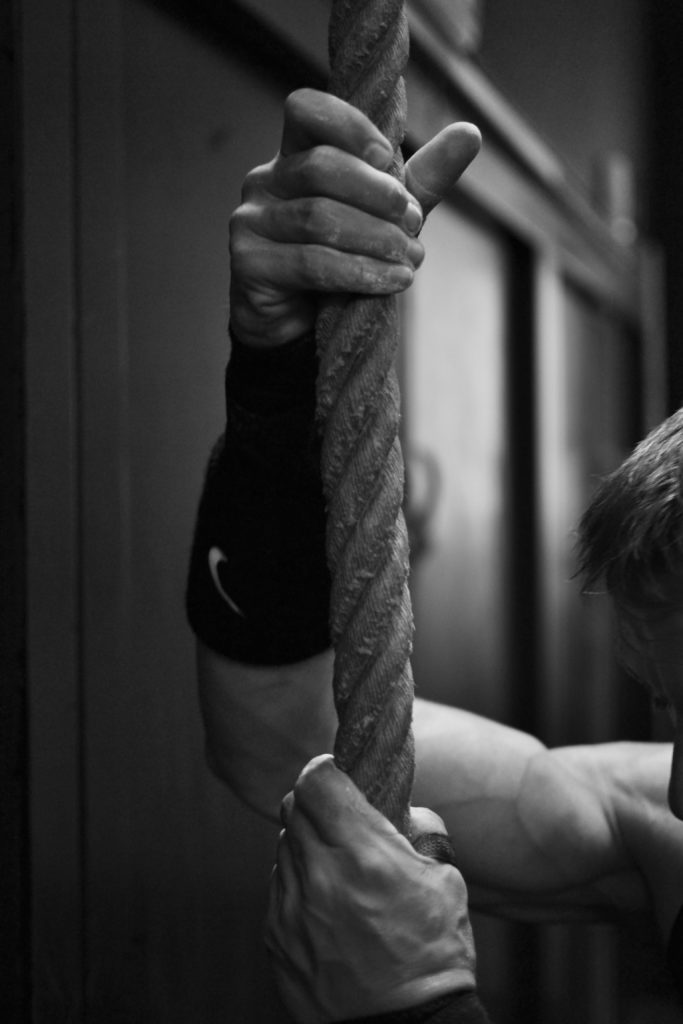OCD Tips #4: Motivation – Why does it lag and what can I do about it?

(Part four of a continuing series by the Cognitive Behavior Therapy Center of Southern California’s OCD experts)
We come to therapy for OCD (Obsessive Compulsive Disorder) because we are in PAIN. We come to therapy when what we have been doing to try to contain our fears isn’t working and we feel out of control. We find we are spending way too much time checking, washing, arranging, neutralizing, repeating, reviewing, driving back again, seeking reassurance, and trying to do what we do “just right”. We’re exhausted emotionally, if not physically, depending on our version of OCD. We have a strong sense that this state we’re in is not living. This can’t be living when we are always battling the feelings, the thoughts, the urges, the contaminants.
We come to therapy when the pain of living like this is too much to bear or life spent like this is just not satisfactory.
You’re motivated by your pain, so you start cognitive behavioral therapy. From your therapist, you hear the incredibly uncomfortable news that, in order to throw over the OCD (or the Panic Disorder, Social Anxiety, or Phobia, as the case may be), you have to do the opposite of what you’ve been doing up to now. Rather than continuing to do your level best to avoid what you fear, your cognitive behavioral therapist is saying that you’ve got to go in the other direction. That is, you’ve got to test out your fears, explore the things, thoughts, and feelings that you fear by coming into contact with them.
Now, if your pain is great enough (and your therapist sufficiently persuasive and encouraging), you might figure that your back is to the wall, that you really don’t have too much to lose (as what you had been doing wasn’t working well), and you and your therapist begin to work together to help you face your fears. And, as promised, you find that as you stop avoiding and allow yourself to “risk” with your OCD, you begin to feel better. The anxiety begins to diminish – which feels really good. And, you find you like yourself more than you did previously. You are discovering your own courage and becoming a believer in the old wisdom: “Courage is not the absence of fear, but a willingness to feel the fear and do the fearful thing anyway.” Facing the fear can be scary but it can also be exhilarating. With the early success, you feel hopeful. And this is motivating.
If we are only motivated by our pain, as it diminishes, so does our motivation to complete the work!
But what happens to the motivation when we’ve done really well in the therapy and we’re about 50% better? Ironically, we often find we’re too successful! Facing the fears in a systematic and consistent fashion is hard work. If we begin to find that our life is significantly better, and we have significantly less fear, what happens to the motivation to keep grinding it out? If we are only motivated by our pain, as it diminishes, so does our motivation to continue the rest of the way to root out the OCD. It’s ironic, but common, that as we feel better to have the therapy stall a bit.
What are we to do about this? As we can see, it’s not enough to be “pushed” by our pain, we must be “pulled” by something too. Anxiety has a constricting effect on our lives. Our lives shrink down as we give up this or that activity and interest in favor of the ever-increasing obsessions and the utilization of the compulsions to try to control the obsessional fears. Accordingly, our lives often become very narrow and the color drains out. As we face our fears (in the treatment of OCD the technique of systematically facing your fears is called “Exposure and Response Prevention”), we find we gain more internal space and more time in our lives. However, if we are still living that stripped down life, as the pain goes down, there is not enough sustenance to nourish us and it’s easy to run out of gas in terms of the therapy. It is imperative that we begin to deliberately begin to explore our interests and values that we resonate to and to begin to do those activities that will contribute to a meaningful life. We have to engage with activities that would PULL us through the rigors of OCD treatment. Your therapist at the CBT Center of Southern California is prepared to help you with this.
All of our therapists at the Cognitive Behavior Therapy Center of SoCal are experts in the evaluation and treatment of Obsessive Compulsive Disorder.
Contact us if you have any questions or to schedule an initial evaluation and learn how we can help you with your OCD.

Author Dr. Rodney Boone is the Founder and Director of CBT SoCal, has taught as a former member of the faculty in UCLA’s Department of Psychiatry, and practices in Glendale and Torrance, CA.



Braden Bills
My son has OCD, and he’s been having a hard time with motivating himself. It makes sense that therapy could help with this kind of thing! I’ll see if I can find a therapist nearby to help him. Thanks for the information.
Ashley Maxwell
Thanks for your tip to have a therapist help you deal with disorders such as panic disorder, anxiety, etc. to improve your behavior. I like how you said that they can help you face fears and look farther into your thoughts. My cousin is looking into behavioral therapy that will help her understand why she’s feeling the way she’s feeling. I’ll pass on this information to her; thanks!
Cognitive Behavior Therapy Center
Thanks Patrick – We’re glad the article was helpful.
Cognitive Behavior Therapy Center
Glad this was helpful for you Braden, and I hope your son is able to connect with the right help.
Cognitive Behavior Therapy Center
It’s great that your cousin is being proactive about seeking help ~! And indeed, helping people with the tools of behavioral therapy often leads to conversations about many other related issues to address.